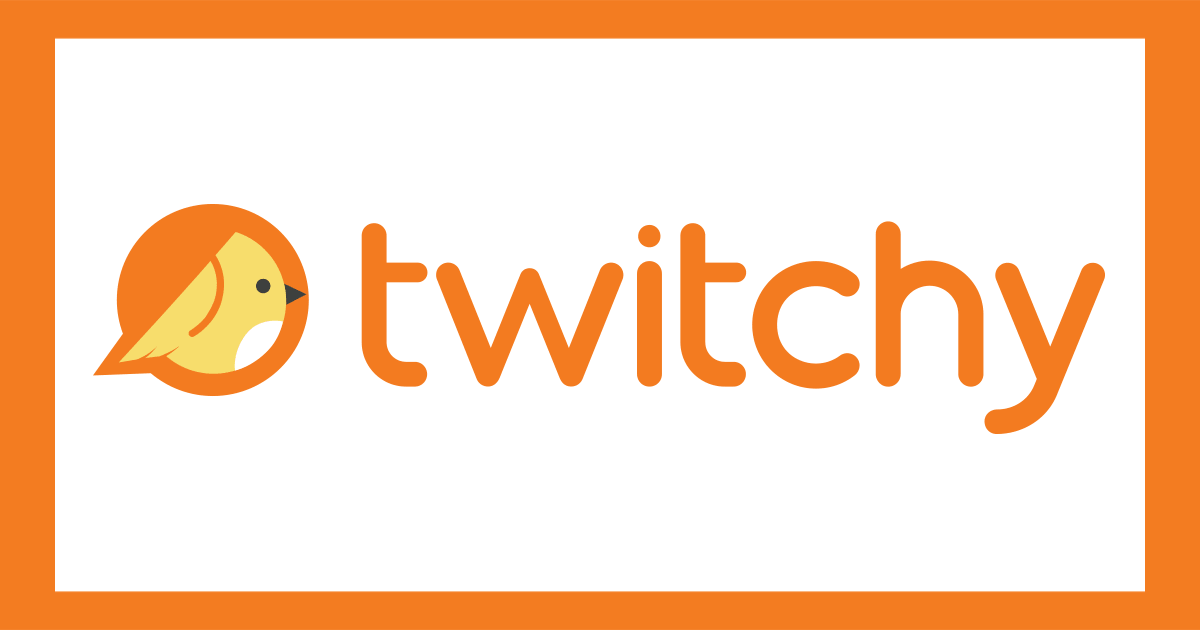We all know it: There would be no media coverage whatsoever of hydroxychloroquine if President Trump hadn’t tweeted that it could be a “game-changer” in the fight against the coronavirus. That put the media on alert to try to discredit the treatment, while Trump doubled down and asked why not try it? “Because it could kill you” was the response from the media.
As Twitchy reported Wednesday, medical journal The Lancet issued “an Expression of Concern” that there were serious questions about the potentially damaging effects of hydroxychloroquine or chloroquine to coronavirus patients. The New England Journal of Medicine also said that “substantive concerns had been raised” about the quality of the information in the database used in the study.
Now, a day later, The Lancet has fully retracted the study, citing concerns with the data provided by a corporation called Surgisphere.
Today, three of the authors have retracted "Hydroxychloroquine or chloroquine with or without a macrolide for treatment of COVID-19: a multinational registry analysis" Read the Retraction notice and statement from The Lancet https://t.co/pPNCJ3nO8n pic.twitter.com/pB0FBj6EXr
— The Lancet (@TheLancet) June 4, 2020
As Iowahawk pointed out Wednesday in his CliffsNotes version of the story, Surgisphere, the sole source of data in the study, is a five-person company, only one of whom has any medical background, though The Guardian reported that two of the other employees are a science fiction writer and a male model for hire.
Again, we wouldn’t be playing this game at all if not for the media and the Resistance trying to get in another “gotcha” at the president.
BOOM. Lancet study on hydroxychloroquine retracted.
Published study existed for only 13 days.
Did Twitter peer-review result in the quickest retraction ever for a study of this magnitude? #LancetGate https://t.co/QEciPyfBcC
— James Todaro, MD (@JamesTodaroMD) June 4, 2020
Recommended
First detailed investigation into Surgisphere reported here:https://t.co/lx2tkxUz0w
— James Todaro, MD (@JamesTodaroMD) June 4, 2020
Nice work.
— Bachman (@ElonBachman) June 4, 2020
Was this one peer-reviewed before the social media peer review?
— Vijay Goel, M.D. (@vijaygoel) June 4, 2020
Yes. Peer reviewed by the 200 year old prestigious journal Lancet.
— James Todaro, MD (@JamesTodaroMD) June 4, 2020
Is there any consequence for intentionally publishing a fraudulent study?
— Harvard Deplorable (@AltHarvard) June 4, 2020
Professional shame, if they are capable of it
— Michael Dietsche (@mikedietsche) June 4, 2020
They need a #TDS disclosure.
— Asking Hard ?’s (@AskingHardQs) June 4, 2020
1/ So if I can summarize, the authors:
– Used data obtained from a Surgisphere database that has never previously been cited in an academic paper;
– Did not verify the dataset by confirming a working relationship between contributing hospitals and Surgisphere;— Matt Malkus (@malkusm) June 4, 2020
2/ – Allowed the Surgisphere chief executive to co-author the paper and exclusively vouch for his company's data;
– Failed to pick up glaring irregularities (such as more deaths in 4 Australian hospitals than actually occurred in the entire country);— Matt Malkus (@malkusm) June 4, 2020
That is all correct.
Uhhhh. Oops. pic.twitter.com/DbYbhdZzL2
— Larry Bill (@LarryBill1971) June 4, 2020
Love this. There’s a lot of negatives to social media, but truth seeking and telling here does outshine traditional media. It would not be possible before. Twitter does need to quit with the factchecking. Otherwise some smart influential folks will have to make an alternative.
— GG (@ggmama123) June 4, 2020
As with the New York Times and others, the initial falsehood is what sticks in the public mind; corrections or retractions are meaningless and they know it.
— Brian Goodyear (@bwgoodyear) June 4, 2020
Yep; all of the mainstream media outlets that reported on it have now moved on to other shinier objects. They’ll never update their reporting.
* * *
Update:
Hi, @Twitter.
We'd like to request a fact-check. https://t.co/ovdFZaw1Fz
— ForAmerica (@ForAmerica) June 4, 2020
Retracted study, fake data. Why is this story still up, CNN? https://t.co/U2lnzYyjaC
— Sean Davis (@seanmdav) June 4, 2020
Related:
Fox News’ Neil Cavuto cannot stress enough that taking hydroxychloroquine as a preventative treatment ‘will kill you’ https://t.co/PjpcgZ0VId
— Twitchy Team (@TwitchyTeam) May 19, 2020
























Join the conversation as a VIP Member